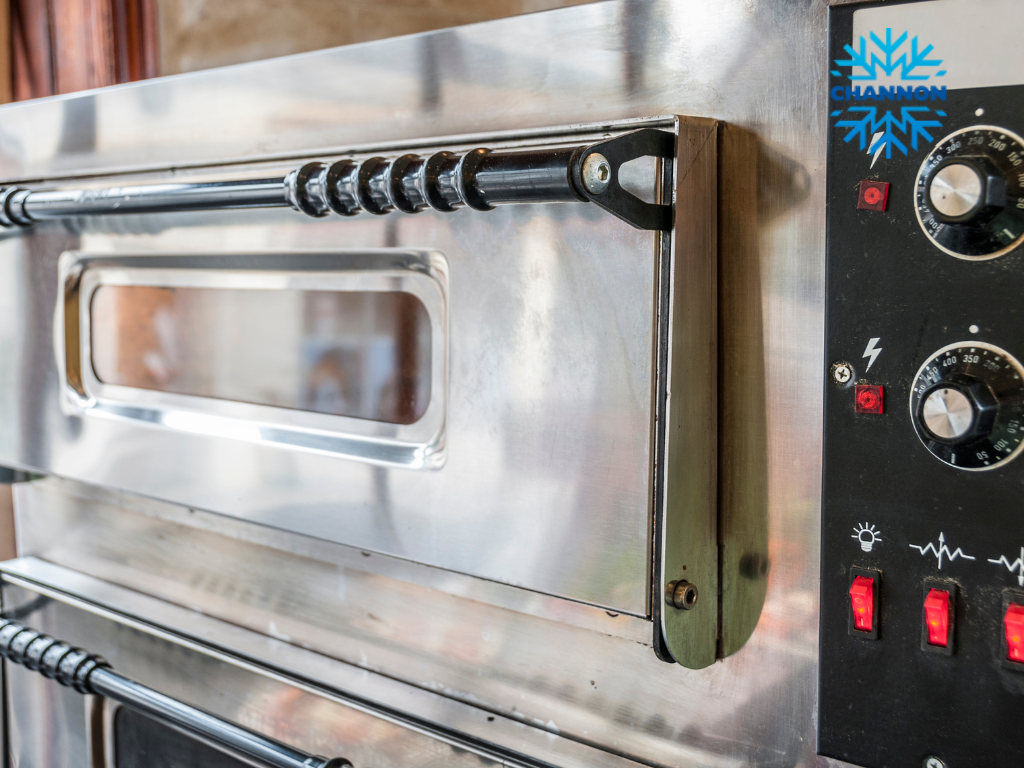The heart of any food business, be it a bustling restaurant, a cozy café, or a bustling bakery, is its kitchen, and at the core of the kitchen lies one essential piece of equipment: the commercial oven. This key appliance is pivotal not only in the preparation of a wide array of dishes but also in defining the efficiency and productivity of the culinary operations. With the market offering a diverse range of commercial ovens, each designed to meet specific cooking requirements and business needs, making an informed choice is crucial. From traditional deck ovens to modern convection models, the variety is extensive, catering to different cooking styles and business scales.
Assessing Your Business Needs
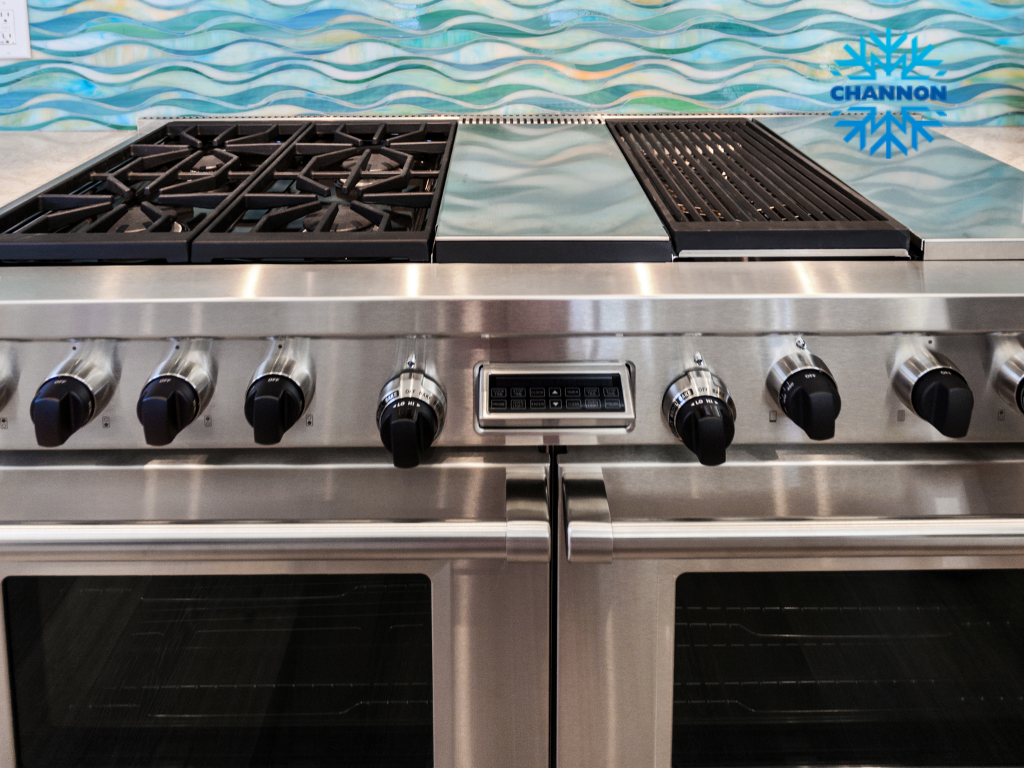
Identifying Your Business Type and Cooking Requirements
The first step in selecting the right commercial oven involves a thorough assessment of your business type and its specific cooking requirements. A restaurant with a focus on baked goods has different needs than a pizzeria or a fast-food outlet. Consider the types of dishes you plan to offer, the desired taste and texture of the food, and any special cooking techniques your cuisine may require. This initial analysis sets the foundation for choosing an oven that aligns perfectly with your culinary aspirations.
Estimating the Volume of Food Production
The volume of food your business will produce is another critical factor. A small café with light baking needs will not require the same type of oven as a large restaurant with a high turnover of baked dishes. Estimate your expected customer footfall, the number of dishes you’ll need to produce in a given time frame, and peak business hours to gauge the capacity and efficiency needed in a commercial oven.
Understanding Different Types of Commercial Ovens
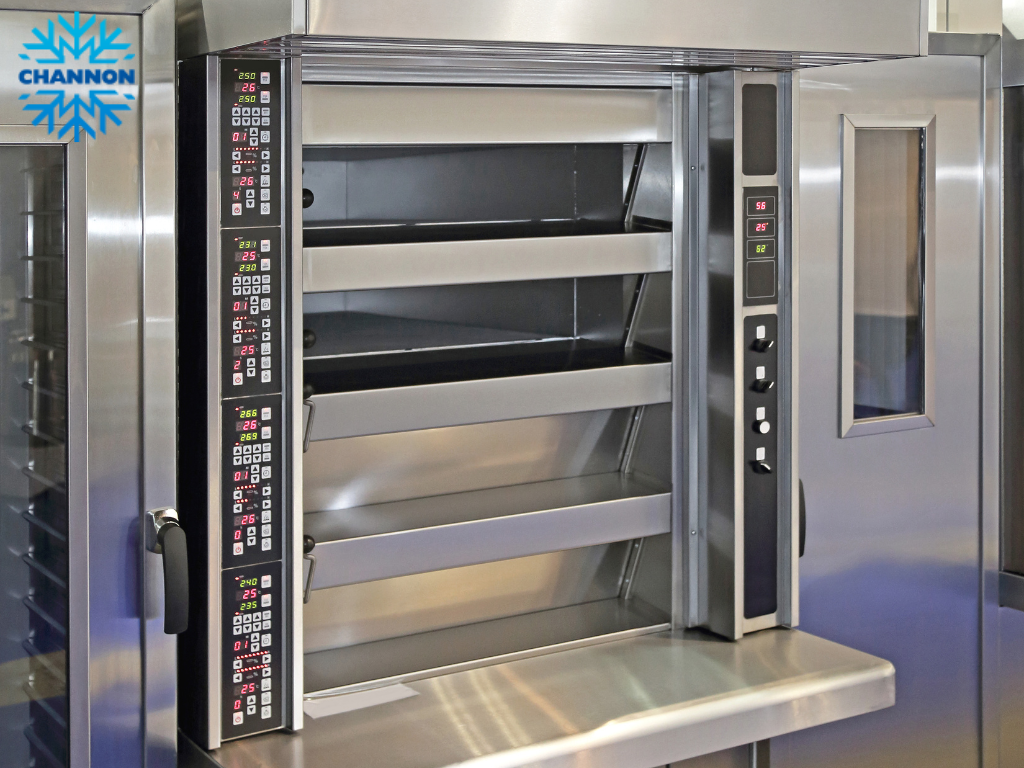
Overview of Common Commercial Oven Types (Convection, Deck, Conveyor, etc.)
The commercial oven market offers several types, each with unique features and functionalities. Convection ovens are known for their even cooking and efficiency, making them suitable for a variety of dishes. Deck ovens, often preferred in pizzerias and bakeries, offer a more traditional cooking method with unique flavor results. Conveyor ovens, favored in fast-paced settings, provide consistent results at high volumes. Understanding these variations is key to identifying the oven type that aligns with your business needs.
Pros and Cons of Each Oven Type for Different Culinary Tasks
Each oven type comes with its set of advantages and disadvantages. Convection ovens, while versatile, might not provide the
specific crust or bake quality a deck oven can offer for items like artisanal bread or pizzas. Deck ovens, offering excellent heat retention and crust development, may require more manual operation and space. Conveyor ovens excel in delivering uniform results quickly but might lack the nuanced control needed for more delicate baking or roasting tasks. Assessing these pros and cons in the context of your menu and cooking style is crucial for making the right choice.
Size and Space Considerations
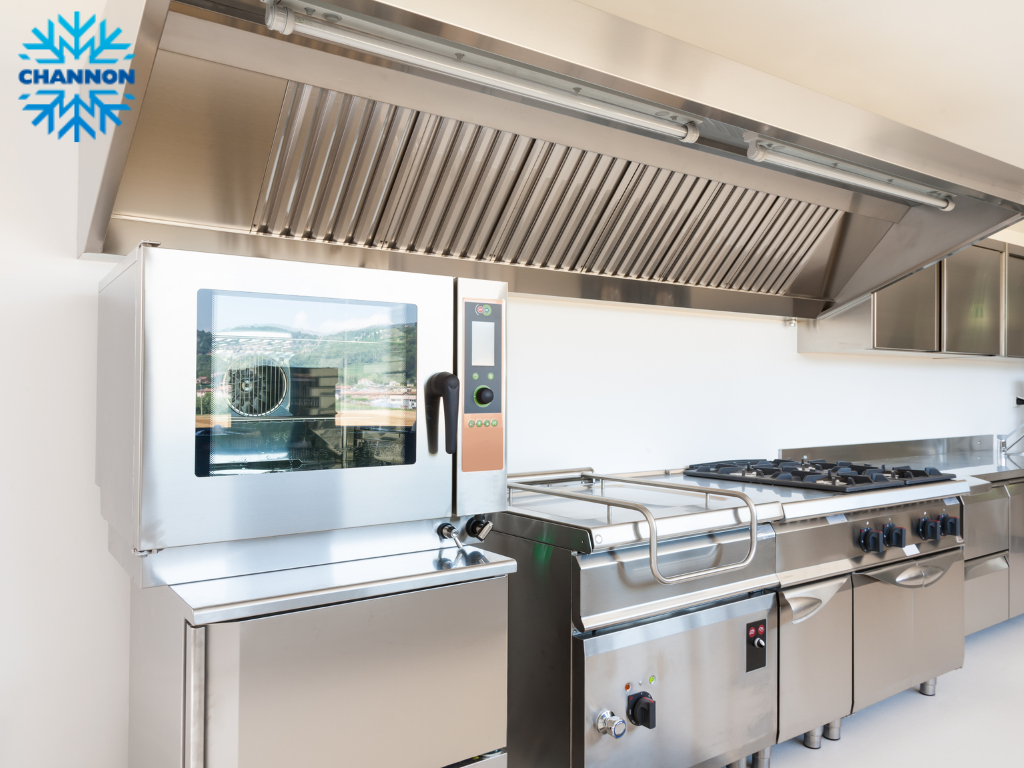

Determining the Right Size Oven for Your Kitchen Space
Space optimization is a critical consideration in a commercial kitchen. The size of the oven should complement the kitchen layout without hindering operational efficiency. It’s essential to measure your available kitchen space accurately and consider the oven’s external and internal dimensions. This ensures that the oven fits comfortably in your kitchen, with adequate space for ventilation and operation, while still meeting your production capacity needs.
Configurations and Footprint – Making the Most of Available Space
Beyond just the size, the configuration of the oven can significantly impact its functionality in your kitchen space. Options range from countertop models for limited spaces to larger, free-standing units for more extensive operations. The oven’s footprint, including door opening space and maintenance access, should be considered. Additionally, some ovens offer stackable options, providing increased capacity without occupying additional floor space, which can be a smart solution for kitchens with vertical space availability.
Features and Functionalities
Essential Features to Look For in a Commercial Oven
When selecting a commercial oven, certain features are essential for efficiency, reliability, and the quality of the food produced. Key features include:
- Temperature Range and Consistency: Ability to reach and maintain desired temperatures with precision.
- Even Heat Distribution: Ensures consistent cooking and baking results.
- User-Friendly Controls: Digital or analogue controls for temperature, timers, and cooking modes.
- Capacity and Flexibility: Adequate space for your menu items, with adjustable racks or shelves.
Advanced Features and Technologies – Are They Worth the Investment?
Advancements in technology have introduced features like programmable cooking cycles, touch screen controls, and smart energy-saving modes. While these features can enhance convenience and efficiency, they also add to the cost. Assess whether these advanced features align with your business’s specific needs and if they justify the additional investment in terms of improved productivity or energy savings.
Energy Efficiency and Cost Implications



Evaluating Energy Efficiency and Its Impact on Operating Costs
Energy efficiency is a critical aspect of a commercial oven, impacting both environmental footprint and long-term operating costs. Look for ovens with energy-efficient ratings, good insulation, and efficient heating elements. An energy-efficient oven, while potentially more expensive initially, can lead to significant savings in utility bills over time.
Understanding the Long-term Financial Implications of Your Choice
The initial purchase price of a commercial oven is just part of the cost equation. Consider the long-term financial implications, including energy consumption, maintenance costs, and the potential need for repairs. A less expensive model might cost more over time if it’s less energy-efficient or requires frequent repairs.
Durability and Maintenance Requirements
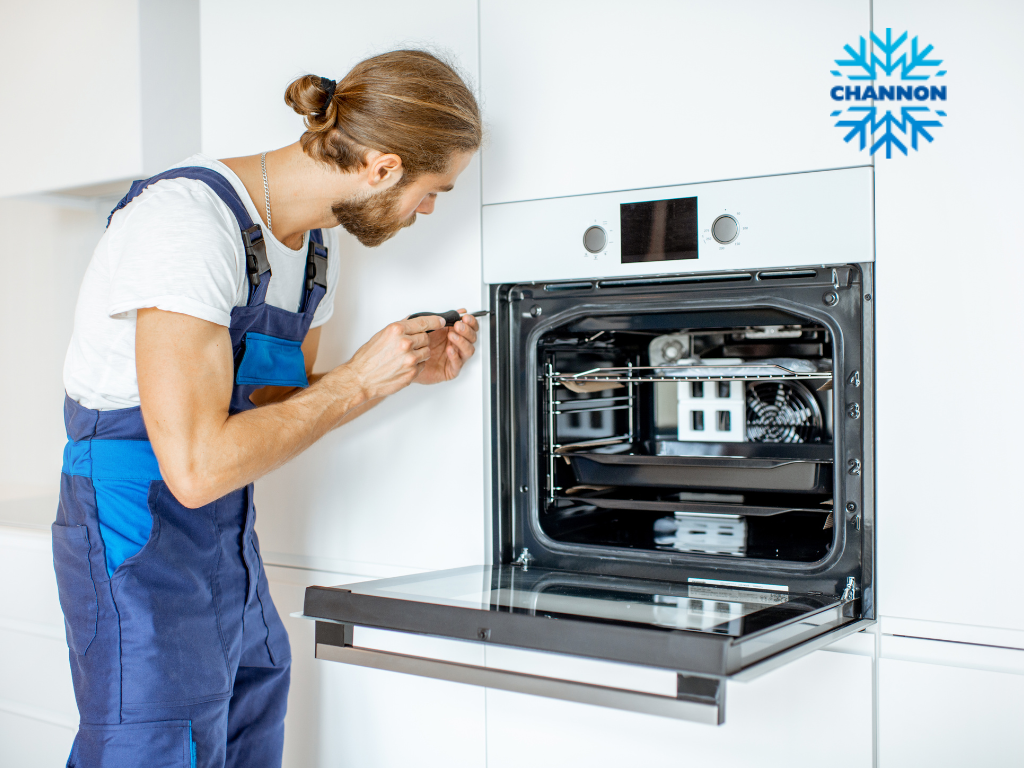

Materials and Build Quality – Ensuring Longevity
The durability of a commercial oven is largely determined by its build quality and materials. Stainless steel construction is standard for its robustness and resistance to corrosion. Check the quality of hinges, door seals, and insulation, as these affect both durability and efficiency.
Maintenance Needs and Ease of Cleaning
Regular maintenance is crucial for the longevity and proper functioning of a commercial oven. Look for ovens that are designed with ease of cleaning and maintenance in mind. Features like removable racks and doors, smooth interior surfaces, and self-cleaning functions can save considerable time and effort in regular upkeep.
Budget and Investment Considerations
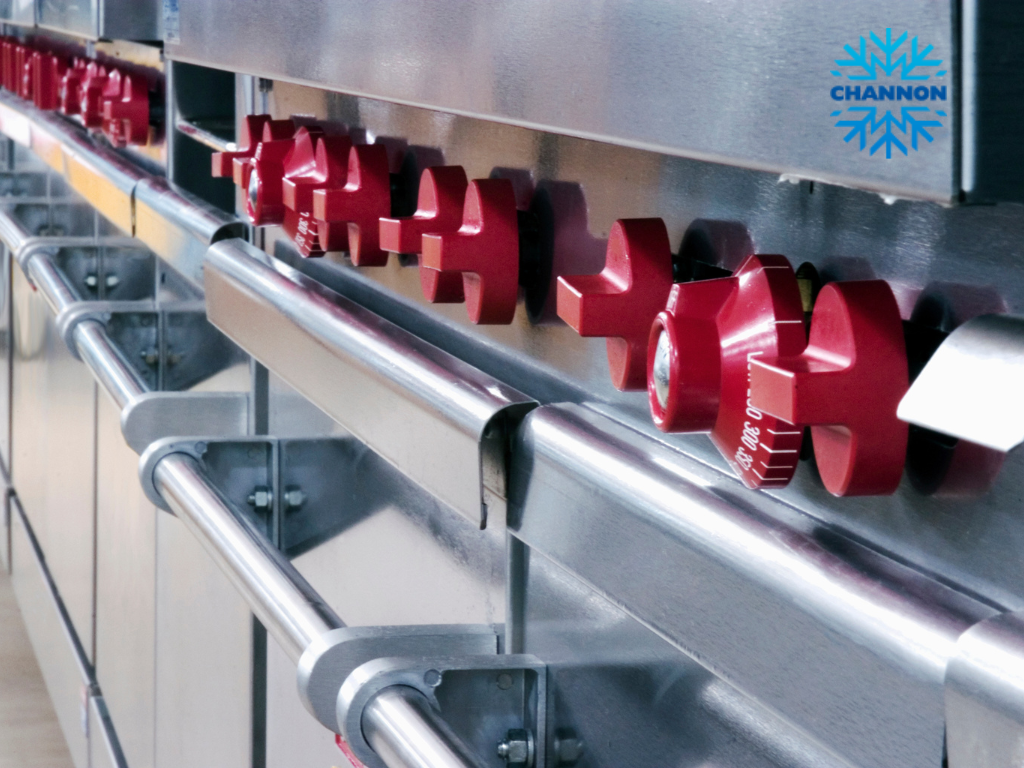

Balancing Quality with Budget Constraints
When investing in a commercial oven, it’s essential to strike a balance between quality and budget constraints. High-quality ovens may command a higher price, but they often offer better longevity, efficiency, and performance. It’s important to evaluate the cost against the value it brings to your business. Consider factors like energy efficiency, which can lead to cost savings over time, and durability, which reduces the need for frequent replacements or repairs.
Considering Financing Options and Warranties
For many businesses, purchasing a commercial oven is a significant investment. Exploring financing options can make this investment more manageable. Many suppliers offer leasing or payment plans that can alleviate upfront costs. Additionally, scrutinize the warranty offered with the oven. A comprehensive warranty can offer peace of mind and protect against unforeseen expenses.
Compliance and Safety Standards
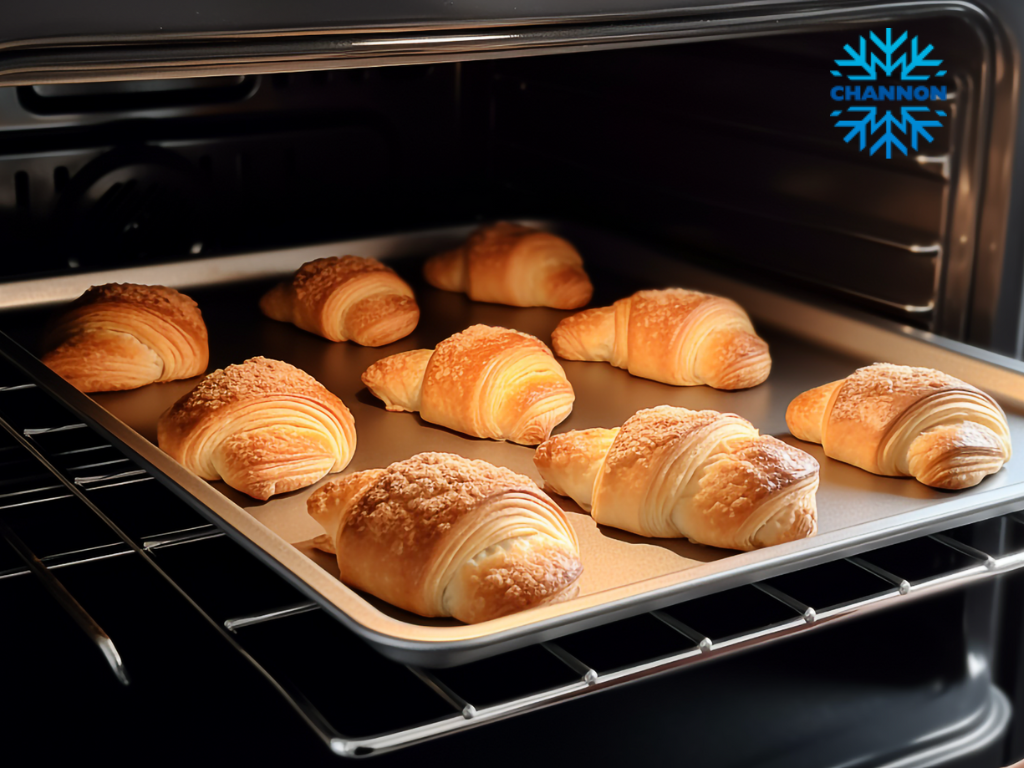

Adherence to Safety and Health Regulations
Safety should be a top priority when selecting a commercial oven. Ensure that any oven you consider complies with local safety and health regulations. This includes adherence to fire safety standards and food safety regulations. An oven that meets these standards not only ensures the safety of your staff and customers but also helps avoid legal and financial ramifications.
Importance of Certification and Compliance for Commercial Equipment
Certifications from recognized bodies can serve as a testament to an oven’s compliance with industry standards. Look for certifications that guarantee the oven meets specific safety, efficiency, and environmental guidelines. Compliance with these standards underscores the oven’s quality and reliability.
Conclusion
Selecting the right commercial oven is a crucial decision that can significantly impact the efficiency, productivity, and success of your food business. Key considerations include understanding your specific business needs, evaluating different types of ovens, considering size and space requirements, assessing features and functionalities, and weighing energy efficiency against long-term costs. Additionally, it’s important to balance quality with budget constraints, explore financing options and warranties, and ensure compliance with safety and health standards.
